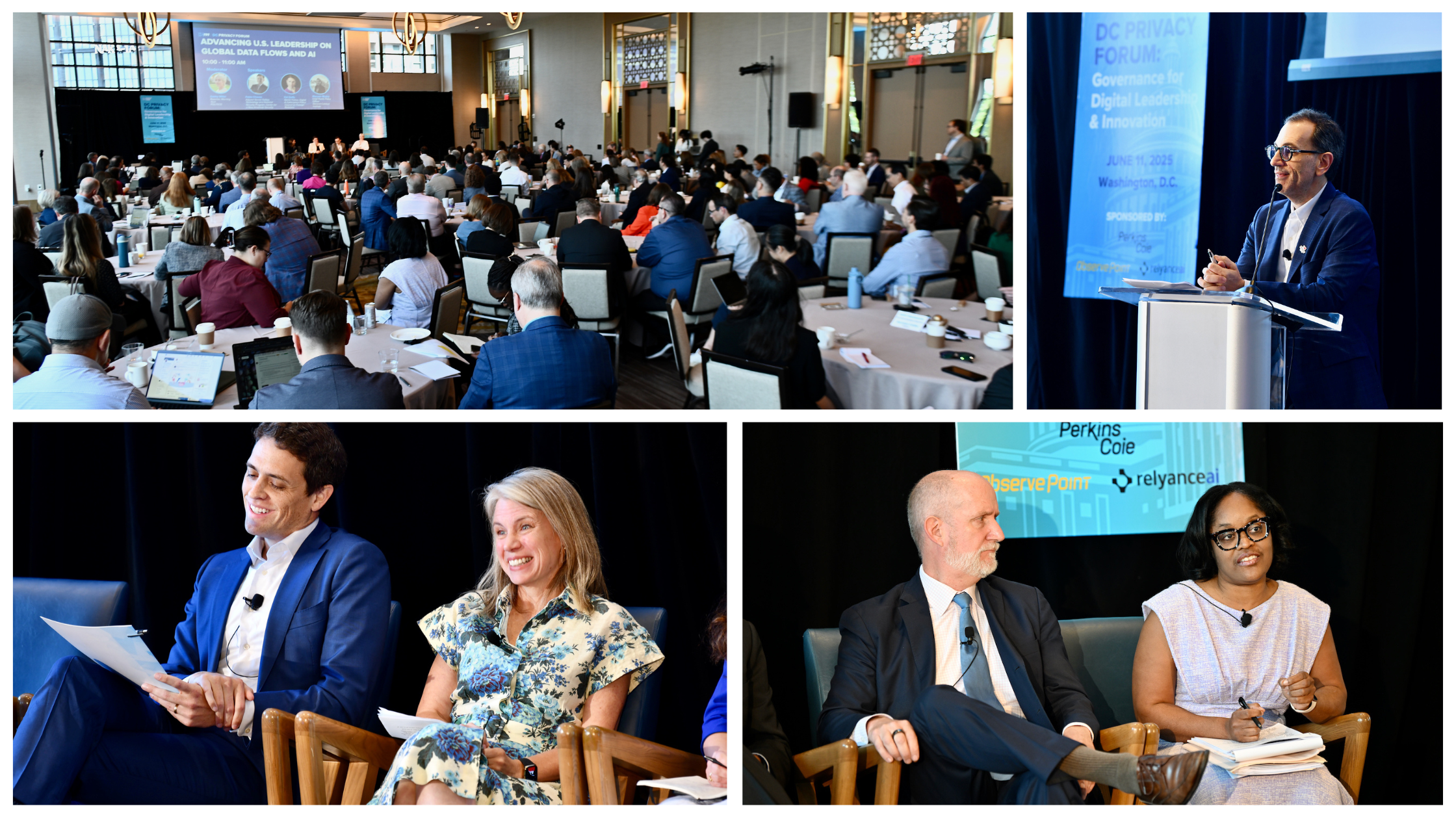Showing results for virg one bet promo code chile

Malaysia Charts Its Digital Course: A Guide to the New Frameworks for Data Protection and AI Ethics
[…] to data protection laws in New Zealand (2020), Singapore (2021), and Australia (2024), as well as an ongoing review of Hong Kong’s law, which began in 2020. One example of how the Amendment Act brings the PDPA closer to globally recognized norms is the replacement of the term “data user” with “data controller.” While […]

Comparative table_ EU AI Act – South Korea AI Framework Act – Japan AI Promotion Act
[…] ence s y ste m ( AI sy ste m ) mean s s o ft w are th at is deve lo ped w it h one or more of th e t e ch niq ue s an d a p pro ach e s lis te d in A nne x […]

The EU’s AI Act_ A Primer
[…] if it is a sa fe ty c o m pone nt of a re g ula te d pro d uct or fa lls in to one of eig ht crit ic a l a re as lis te d in th e AI Act’s Anne x III: ● b io m etr […]

The Connecticut Data Privacy Act Gets an Overhaul (Again)
[…] more. Important changes include: Significantly expanded scope, through changes to applicability thresholds, narrowed exemptions, and expanded definitions; Changes to consumer rights, including modifying the right to access one’s personal data and a new right to contest certain profiling decisions; Modest changes to data minimization, purpose limitation, and consent requirements; New impact assessment requirements headline […]

Meet Bianca-Ioana Marcu, FPF Europe Managing Director
[…] legal, social, and economic contexts of the continent. FPF is known as a trusted platform where senior leaders come to test ideas, share solutions, and learn from one another. As Managing Director, how do you plan to strengthen these connections further while supporting members navigating emerging challenges? Now in my third year of bringing […]

FPF COPPA 2.0 Redline
[…] for teens. On June 25, 2025, the Senate Commerce Committee held a mark-up hearing in which the Committee members favorably reported the bill with two amendments – one from Senate Commerce Chairman Cruz and one from Senator Fetterman. Given that COPPA 2.0 amends an existing statute, FPF has created this comparison document which provides […]

COPPA 2.0 Redline – June 2025
[…] Pro te ctio n Act (C O PPA 2.0 ) b y vo ic e vo te wit h tw o a m end m ents , one fr o m C ha ir m an Cru z a nd one fr o m S ena to r Fe tte rm an . G […]

Annual DC Privacy Forum: Convening Top Voices in Governance in the Digital Age
[…] of cross-border data flows, arguing that trust depends on protecting data wherever it moves. From there, Morning Tech Reporter at Politico, Gabby Miller, moderated an insightful discussion between Kat Duffy, Senior Fellow for Digital & Cyberspace Policy at the Council on Foreign Relations, Maryam Mujica, Chief Public Policy Officer at General Catalyst, and Pablo […]

FPF-Sponsorship Prospectus-Singles-Brussels Privacy Symposium-R2 (2)
[…] Privacy Symposium Welcome Networking Reception » Com pany logo on event webpage with link, located on FPF website »Rec ognition in invitations, event registration site, and on-site promotional materials »Offic ial recognition during program by BPS Leaders »Opp ortunity to provide (1) promotional item and (1) giveaway via QR code at each Delegate’s seat. […]

FPF-Sponsorship Prospectus-Singles-Brussels Privacy Symposium-R2 (2)
[…] Privacy Symposium Welcome Networking Reception » Com pany logo on event webpage with link, located on FPF website »Rec ognition in invitations, event registration site, and on-site promotional materials »Offic ial recognition during program by BPS Leaders »Opp ortunity to provide (1) promotional item and (1) giveaway via QR code at each Delegate’s seat. […]
